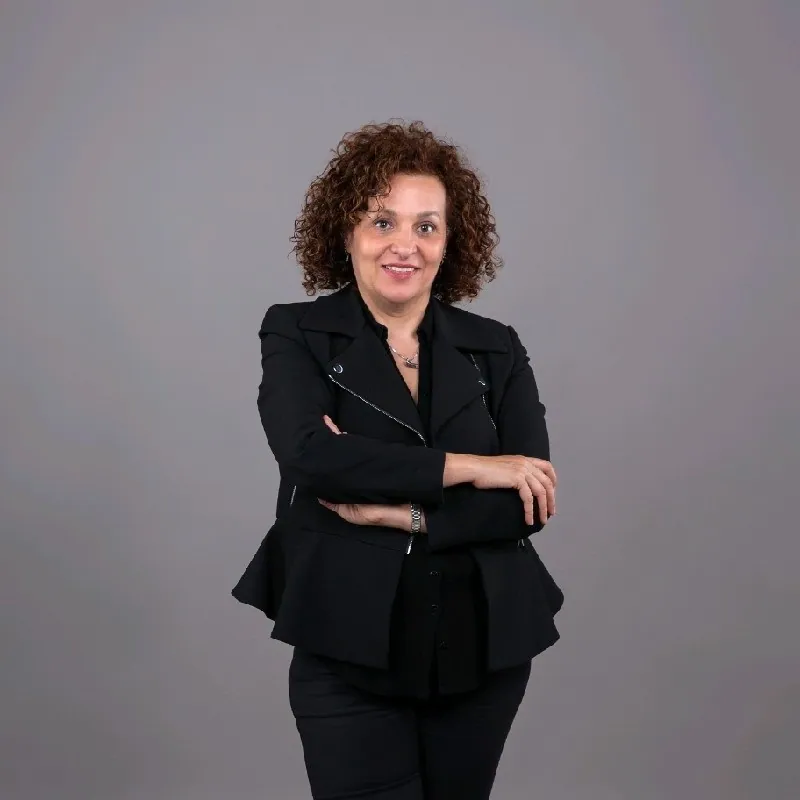Table of Contents
Understanding Cervical Cancer, its Screening, and Guidelines
Dr. Mozhgan Sayyad, from Dubai, shares a comprehensive guide on cervical cancer screening with you.
Cervical cancer is the fourth most common cancer for women worldwide. In fact, in 2020, the World Health Organization [WHO] reported that over 600 thousand new cases and 342 thousand cases were caused by cervical cancer. As it’s a common disease that plagues women globally, it’s essential to understand what it is and how to protect yourself from it.
What is Cervical Cancer?
In simple words, cervical cancer is cancer found anywhere in the cervix. And the cervix is the opening between the vagina and the uterus. Infections from specific HPV cause almost all cases of cervical cancer. As with all cancer, early detection is key to fighting the disease. That’s why it’s recommended to conduct regular cervical cancer screening.
Cervical Cancer Screening: Definition, Guidelines, Procedure & Result
Definition
Cervical cancer screening (Pap Smear) is a medical procedure that detects and removes abnormal tissues before the onset of cervical cancer. In some countries and institutions, it’s also called a Pap Smear, Papanicolaou Smear, Pp Test, or Smear Test.
Cervical Cancer Screening Guidelines
The updated list of who needs to get screened for cervical cancer:
- Individuals from 21 – 29 years:
If you fall in this group, it’s recommended to get your first screening at 21 and then test every three years.
- Individuals from 30 – 65 years: If you are under this group, it’s recommended to get your tested in either one of the following methods; [a] HPV test every five years, [b] HPV/Pap Cotest every five years, and [c] Pap Test every three years.
- Above 65 years: If you’re above 65, talk to your healthcare provider if you need to get tested. If you tested frequently and had average results, then they would probably recommend stopping screening.
Exceptions from the Screening
Your healthcare provider can recommend frequent screening if:
- You’re HIV positive
- You have a weakened immune system
- You’ve been exposed to a medicine called diethylstilbestrol [DES] before birth
- You had an abnormal test or biopsy result
- You’ve had cervical cancer
Screening Procedure
The cervical cancer screening takes a few minutes and is often done along with a pelvic exam. During the procedure, the doctor uses a speculum [a medical tool] to open your vagina and see the cervix gently. A soft, narrow brush or tiny spatula is then inserted to collect the sample cells from your cervix.
Result
After the sample is collected, it’s quickly sent to the laboratory to check for abnormal cells [Pap Test]. The same sample can also be used to check infected HPV cells that cause cancer (HPV Test). If both HPV and Pap tests are done, it’s called an HPV/Pap Co-test. It can take up to three weeks to get the results.
If the screening detects precancerous lesions or HPV infection, it can be easily treated to prevent cervical cancer.
Related Q&A
Q1. Can cervical cancer screening be stopped after a certain age?
In most cases, regular cervical cancer screening can be stopped after the age of 65 if previous screenings have been consistently normal. However, women with a history of cervical cancer, precancerous lesions, or certain other risk factors may require continued screening.
Q2. Are there any symptoms of cervical cancer that can be detected through screening?
Cervical cancer screening is primarily aimed at detecting precancerous changes or early-stage cancer before symptoms occur. Symptoms of advanced cervical cancer may include abnormal vaginal bleeding, pelvic pain, pain during intercourse, and abnormal vaginal discharge. If any of these symptoms are present, further evaluation is necessary.
Q3. What are the factors that increase the risk of developing cervical cancer?
Risk factors for cervical cancer include persistent infection with high-risk types of HPV, a weakened immune system, smoking, long-term use of oral contraceptives, a family history of cervical cancer, and engaging in risky sexual behaviors.
Get Help with Dr. Mozhgan
Now that you’ve learned about cervical cancer screening book an appointment with Dr. Mozhgan in Dubai. With over 25 years of invaluable experience, she is well-equipped to guide you confidently to achieve your best health!
Book an Appointment


